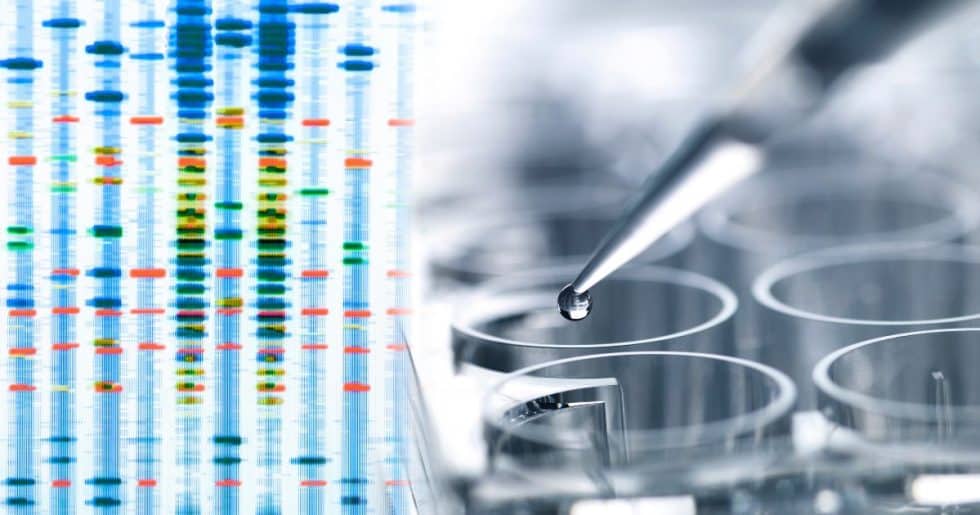Planning for Your Future Family
GENETIC TESTING
Discover potential issues or changes in the embryo’s genes before transferring it into the uterus.
GENETIC TESTING
Testing can reveal inherited disorders, chromosomal abnormalities, or other genetic factors that may contribute to infertility, recurrent miscarriages, or developmental issues in children. In addition, testing reveals the embryo’s gender.
Providing a detailed genetic profile helps personalize treatment plans and guides reproductive decisions.

OUR DIFFERENCE
WHY IFC
WORLD-RENOWNED EXPERTS
ONSITE LABORATORY SERVICES
Incinta's unique, open-concept laboratory utilizes smart glass technology so patients can watch their future unfold right in front of them.
UNEQUALED TECHNOLGY
Our incredible experts utilize best-in-class technology and equipment to achieve the best possible outcomes.
FREQUENTLY ASKED QUESTIONS
FAQ
Are there different types of PGT?
(1) Preimplantation Genetic Testing for Aneuploidy (PGT-A): This type of PGT screens embryos for certain types of chromosome abnormalities. There are 23 pairs of chromosomes in each cell for human. One chromosome in each pair is contributed by the egg, and the other is contributed by the sperm. It is common for embryos to have random chromosome abnormalities such as a missing or extra chromosome (aneuploidy). These chromosome abnormalities happen by chance and are not typically inherited from a parent or donor. Embryos with aneuploidy are more likely to result in miscarriage or a failed IVF cycle. Less commonly, aneuploidy may result in the birth of a baby with a chromosome condition such as Down syndrome or Turner syndrome.
(2) Preimplantation Genetic Testing for Monogenic disorders (PGT-M): This type of PGT is performed when a patient has an increased risk for a specific genetic condition to occur in embryos. When an individual is affected with a genetic condition that could be passed on to his or her children, like women who are carriers for an X-linked condition, or when an individual and their partner or donor are both carriers for the same autosomal recessive condition, PGT-M would be appropriate.
(3) Preimplantation Genetic Testing for Structural Rearrangements (PGT-SR): This type of PGT is performed when a patient or their partner has a rearrangement of their own chromosomes such as a translocation or inversion. People with the condition above are at increased risk to produce embryos with missing or extra pieces of chromosomes. Embryos with missing or extra pieces of chromosomes are more likely to result in miscarriage or a child with serious health issues.
Who should have PGT performed for their embryo(s)?
PGT-A can be performed for any IVF cycle, but the decision to have this testing is complex and should be made after careful discussion with your physician or genetic counselor. PGT-A is mostly considered for patients who have had recurrent pregnancy losses (miscarriages), multiple failed IVF cycles, a prior pregnancy or child with certain chromosome abnormalities
By contrast, PGT-M and PGT-SR are only performed when the patient, their partner and/or their donor have abnormal genetic test results that put the embryos at increased risk for a genetic disorder. PGT-M is an option for patients with an increased risk for a single gene disorder in their embryos, such as sickle cell anemia. PGT-SR is an option for patients who have a chromosome translocation or inversion. These two procedures allow patients the opportunity to reduce the risk of having an affected child prior to becoming pregnant.
Are there risks to the embryo(s) from the PGT process?
Do I need genetic counseling?
We strongly encourage all patients who are interested in PGT to have an appointment with our genetic counselor. This consultation will ensure you understand the benefits, limitations as well as the risks of this testing. The genetic counselor will also determine if there are any additional concerns based on your personal and family history that should be addressed prior to your IVF cycle.
OUR VISION
You’re more than your fertility.We’re more than a fertility clinic.
INCINTA FERTILITY CENTER
Contact Us
By providing a telephone number and submitting this form you are consenting to be contacted by SMS text message. Message & data rates may apply. You can reply STOP to opt-out of further messaging.Please refer to our privacy policy below. Privacy Policy